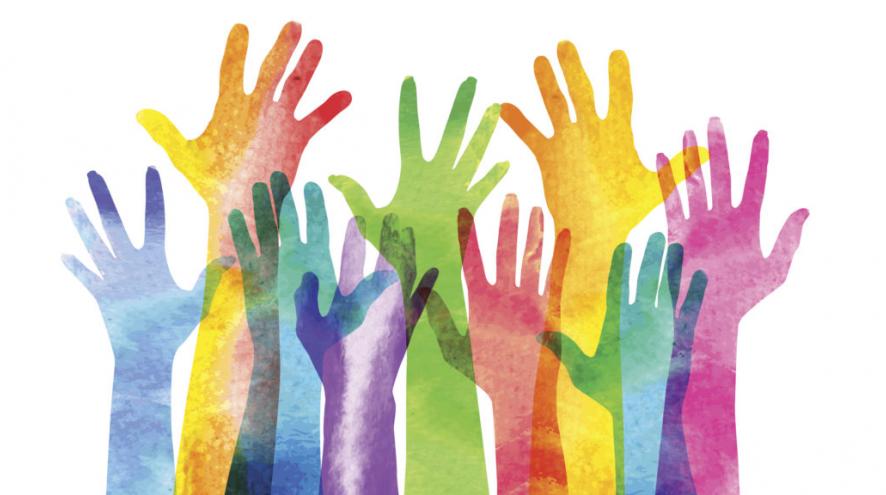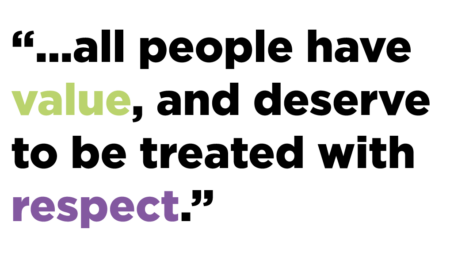National Volunteer Week: Why Louise chooses to volunteer
Taking place every April, National Volunteer Week is a time to recognize and celebrate Canadians who volunteer. One such volunteer, Louise Kovacs, hails from Mission, BC. Her mother, Anne, lives with dementia.

Thanks to my mother, I learned the values of being a volunteer at a young age. She set up a soup kitchen at my elementary school, ensuring that my classmates coming to school without lunch wouldn’t go hungry. When my brother and sister and I joined the Cubs, Brownies, and Girl Guides, my mother volunteered as a leader. She canvassed for various charities. She was always quick to help whenever someone asked.
Why did she do this? My mother enjoyed being involved in her community. She enjoyed meeting new people, learning new skills and being part of something. She didn’t have a lot of money, but she was always willing to donate her time.
Though she was upset that she didn’t have more money to give to her kids, my mother gave us something much more valuable. She taught us her beliefs that supported her volunteering—to care for other people; to fight for what we believe in; to be happy with the things that we have; to give back to others in our community. She taught us that all people have value and deserves to be treated with respect.
I took her beliefs to heart. In high school, I volunteered for a fundraiser. One of my friends and I found sponsors and walked twenty-five miles to raise money. I remember how tired and sore we felt at the end of the walk, but I also remember how proud I felt that we achieved our goals and helped people in need. It was the beginning of more than fifty years of volunteer work that I continue today.
When my mother was diagnosed with dementia, I learned as much as I could about the disease, so I could help her and others. By learning more about the challenges that people with dementia face, I hoped that I could help them as well as educate others about the disease.
To give you an example, I have been an elder at my church for just over four years. A few of the older people who attend have Alzheimer’s or another form of dementia. Some of them are embarrassed by their condition and don’t want to leave their homes or socialize with other people. I understand that.

So, what do I do to help them? As part of my church group, we ensure to provide an environment where people can feel comfortable, including people with dementia. We encourage them to come to church by organizing inclusive social activities. For those who don’t want to attend, we volunteer our time by visiting them, and taking them out for lunch and coffee. We want them to know that, though they have dementia, they’re not forgotten—they’re still part of the community.
Every volunteer should have a goal. When my mother was diagnosed, my goal was to learn more about dementia so I could help, better. This year, I’ve decided to become more involved with the Alzheimer Society, and find the right fit for my skills. I really want to contribute to something that is important, help people in need, and provide kindness and understanding.
So, if you are thinking about volunteering, take it from me: volunteer work is great. It can help you in many different ways. Volunteering…
- …is fun, sometimes challenging, but energizing and emotionally fulfilling
- …adds purpose to your life, and is a great way to give back to your community
- …allows you to learn new skills and meet lots of interesting people, and make new friends
- …helps you appreciate what you have
By volunteering, I want to carry on the values I learned from my mother—I hope that this story can be one way to achieve that. Remember, there are so many opportunities to volunteer, and it is something that anyone can do.
If you are interested in volunteering for the Alzheimer Society, or want to learn more, please check out our Volunteer page and find a volunteer opportunity near you.
